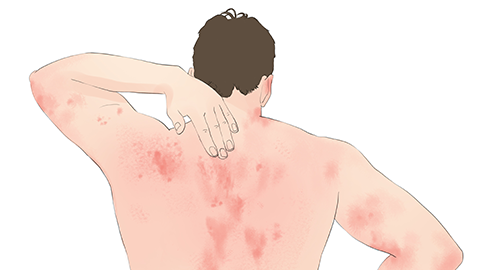Do dilated capillaries cause itching?
Generally speaking, whether capillary dilation causes itching depends on the specific cause and the stage of the condition. Detailed analysis is as follows:

If capillary dilation is triggered by skin inflammation, allergic reactions, or diseases such as eczema, inflammation may stimulate the skin's nerve endings, and if the condition is in the active phase, noticeable itching may occur. In addition to visible red blood vessels, patients may also experience symptoms such as redness and rashes. The degree of itching may vary depending on the severity of the inflammation, and scratching may worsen skin damage, potentially leading to infection and further discomfort.
If the capillary dilation is congenital, primary, or solely caused by physical factors such as long-term sun exposure or temperature changes, and there are no accompanying issues such as skin inflammation or allergies, with a stable condition that hasn't compromised the skin barrier, significant itching typically does not occur. The skin may only show simple red blood vessels without other abnormal symptoms, causing no obvious interference in daily life and unlikely to lead to additional skin problems due to itching.
When capillary dilation is accompanied by itching, avoid scratching the skin to prevent skin damage. Choose mild, non-irritating cleansers and skincare products, and avoid using products containing alcohol or fragrance that may further irritate the skin. If itching persists or is accompanied by symptoms such as skin swelling or flaking, seek medical attention promptly to determine the cause and follow medical advice for appropriate anti-itch and anti-inflammatory medications. In daily life, maintain proper skin moisturization and sun protection, and avoid factors that may cause itching, such as staying away from allergens and minimizing exposure to rapid temperature changes.










